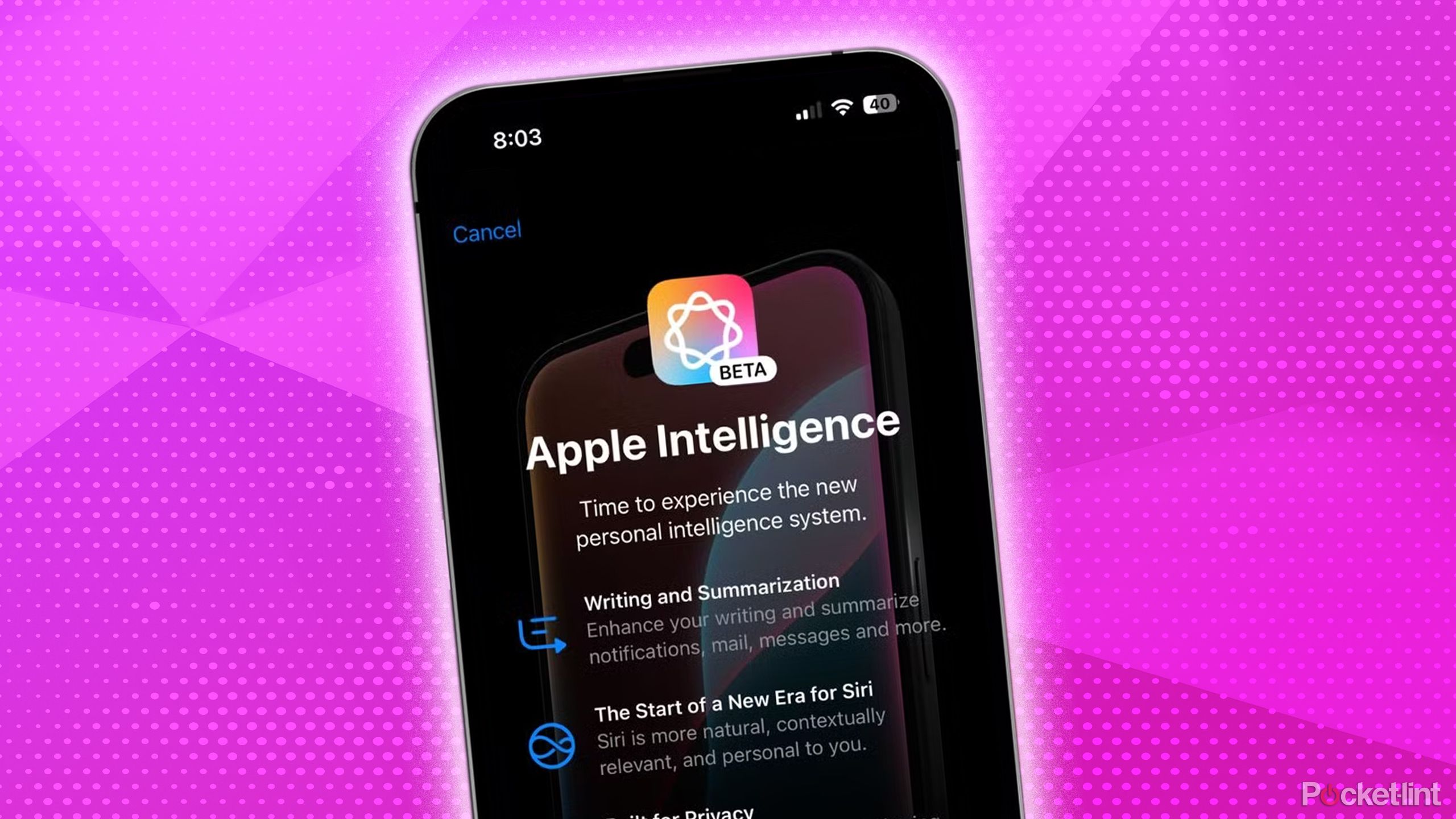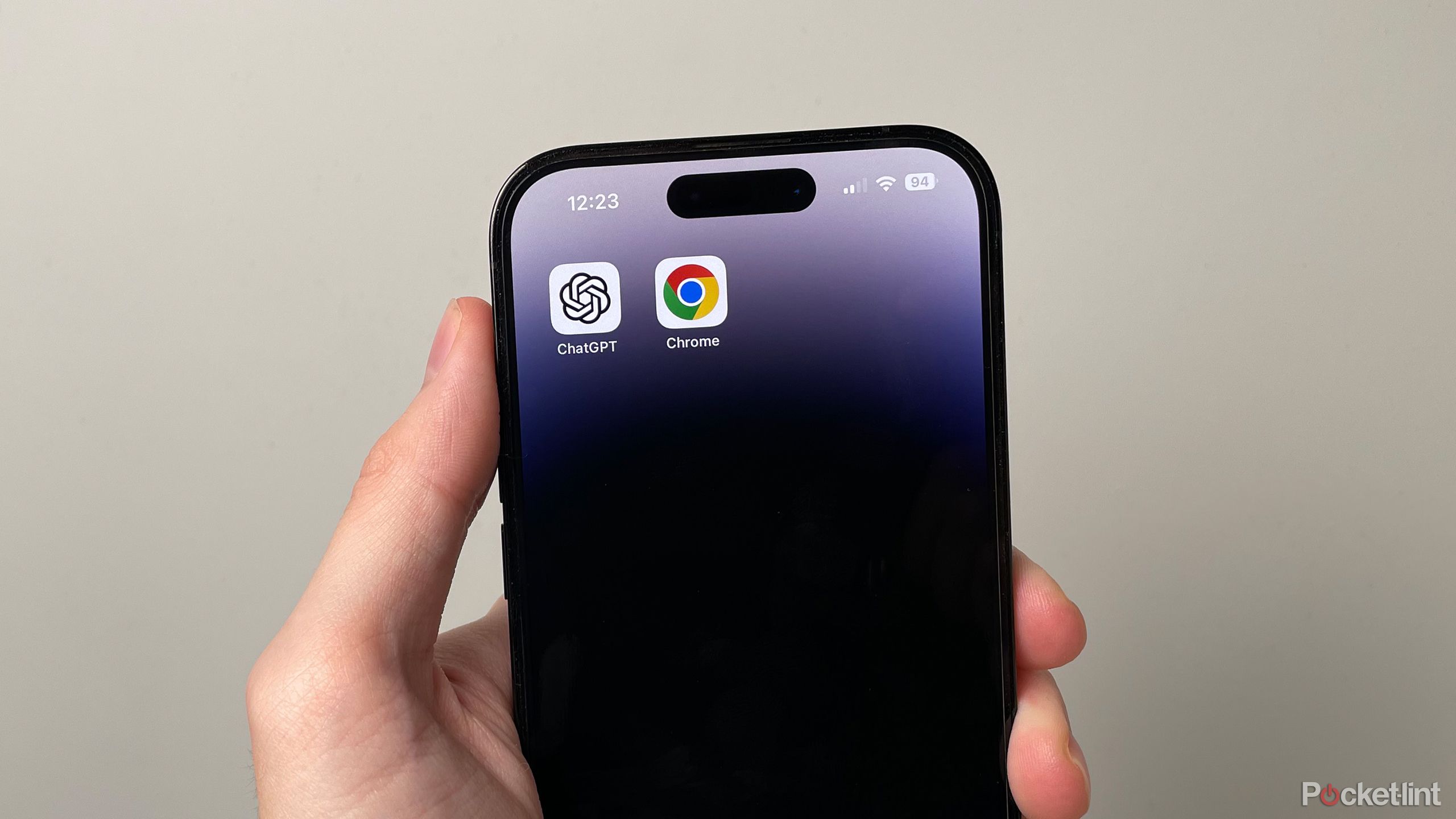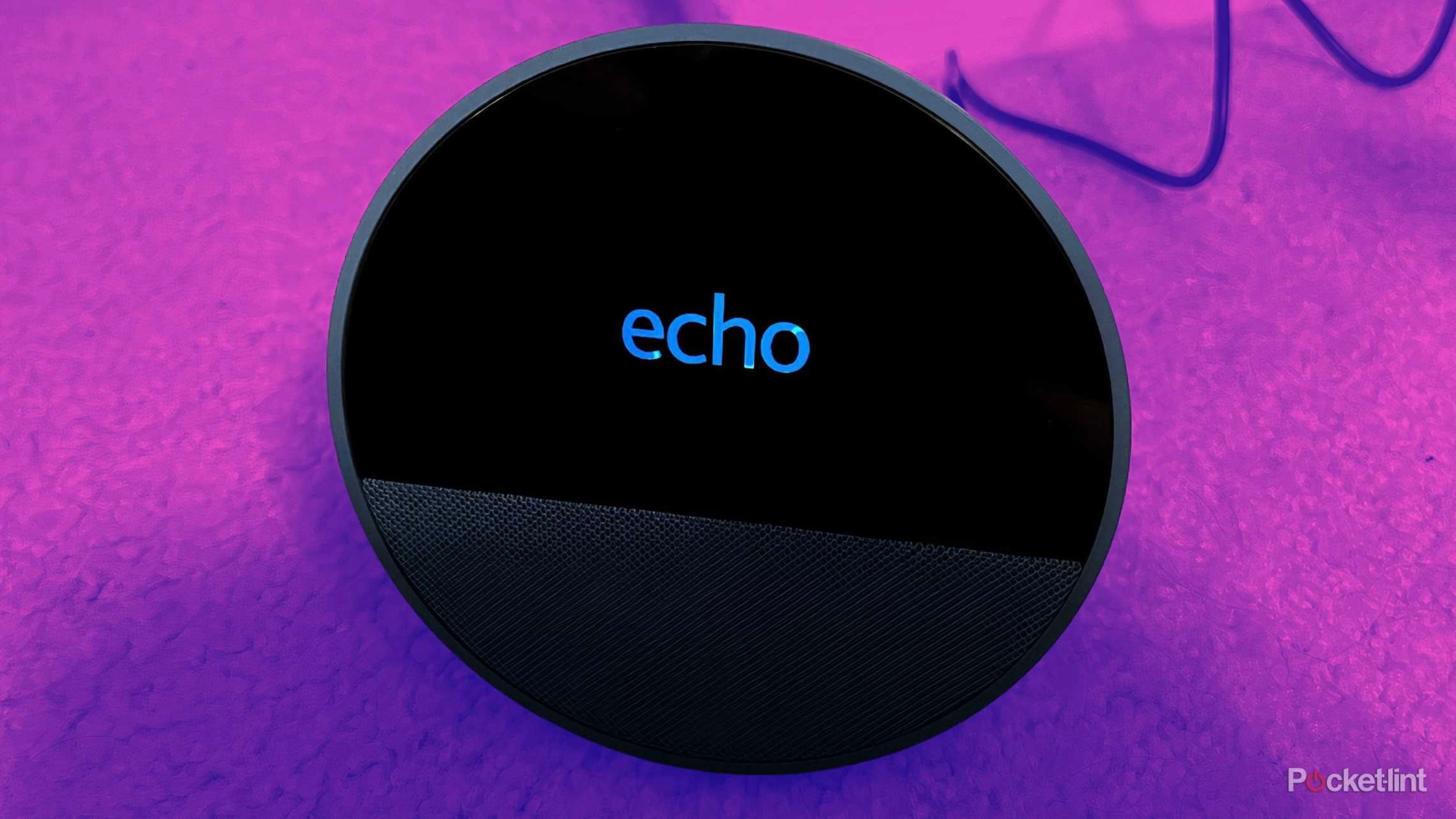Summary
- Amazon is working on a generative AI version of Alexa, but is still struggling with problems like hallucinations.
- AI hallucinations pose a serious problem, not just to Amazon and other tech companies, but to society as a whole.
- If Amazon can reduce or eliminate hallucinations, it’ll be a fundamental breakthrough with huge ramifications.
If you’ve been following Amazon, you’ll know that the company has been working on a generative AI upgrade for its voice assistant, Alexa, for quite some time. The company first revealed its plans in September 2023, and even began letting the public test out the technology on Echo speakers with the command “Alexa, let’s chat.” But now, “let’s chat” no longer works, and the company missed multiple deadlines in 2024, pushing its target window into 2025. We’ll see if it delivers by the end of the year.
The latest word from Amazon’s AI lead, Rohit Prasad (via the Financial Times), is that the upgraded Alexa is facing the same problems as before. That means response times, reliability, and above all, a tendency to “hallucinate” — generative AI slang for making things up. Normally, I’d be glad to see the hype around AI shot down, but it occurred to me that we really need something like Alexa to succeed for the sake of the whole tech industry.
Where is Apple’s next-generation CarPlay?
The next-generation of Apple CarPlay is coming, but it’ll be a while before your Honda dashboard looks like a Rivian or a Tesla.
Fixing the present tense
Which is currently in code red
There’s far too much confidence put in the value of generative AI, given how often mainstream products hallucinate. Apple Intelligence on my iPhone sometimes botches notification summaries. Google’s AI Overview occasionally pulls from the wrong sources. Here at Pocket-lint, I use an AI tool to help generate the summaries you see at the top of some articles, but these inevitably have to be rewritten to be published. I’d never trust AI to write an entire article.
We need someone — anyone — to solve the hallucination problem.
While some AI models are superior to others, it blows my mind that anyone trusts generative AI when trillion-dollar companies can’t make it fully reliable. We’re venturing into dark territory, given how many people rely on AI-powered products to understand the world around them, and how many factions have a vested interest in skewing our perceptions. Those range from marketers projecting an overly slick image to intelligence agencies trying to spread disinformation and sway election campaigns.
If there’s going to be any hope going forward, we need someone — anyone — to solve the hallucination problem. Fortunately or unfortunately, it’s probably the companies like Amazon with the money and other resources that make a dent. If a subscription fee for using Alexa is the price for making generative AI safe, it’ll easily be worth it.

5 Apple Intelligence features that still haven’t launched yet
Apple is being extremely cautious with its generative AI efforts.
The future is just out of grasp
Rewards for getting things right
Amazon
Naturally, making money from Alexa is Amazon’s ultimate goal, but the product it has in mind could revolutionize how we use all technology for the better. Imagine being able to ask a complex question anywhere in your home and get an accurate, plain-language response with the ability to follow up on details.
Yes, that sounds a lot like Google Gemini or ChatGPT’s Advanced Voice Mode, but those platforms not only hallucinate occasionally, but require you to have a phone or computer handy. Flawless conversations with smart speakers and displays would be immensely convenient, even bringing us closer to Jeff Bezos’ original concept for Alexa, which was something like the Enterprise computer from Star Trek.
Flawless conversations with smart speakers and displays would be immensely convenient.
Then there’s the promise of simplifying smart homes. It’s not necessarily complicated to automate an Alexa setup at the moment, but the Alexa app isn’t intuitive, either — especially if you’re new to smart home systems. Amazon’s vision would let us create automations with plain-language requests, or even get proactive automations, such as turning on your porch lights at night, or flipping your TV on in time for a favorite show. It’s a future we’ve long been promised in fiction and marketing, and it’s about time one company or another made good on it.

Here’s what you really get with ChatGPT’s new $200 Pro subscription
OpenAI’s all-new ChatGPT Pro subscription costs a whopping $200 per month, and it’s not meant for you or I.
Racing to the AI finish line
Who’s going to place first?
If I’m honest, I’m not expecting Amazon to deliver on an upgraded Alexa, at least not in a form that will genuinely impress me. Apple, Google, and OpenAI are all aiming at similar goals, and those companies have far more at stake when it comes to hallucinations or automating tasks. If Amazon misses the mark on generative AI, it’ll be just fine — shopping is where it really makes its money. AI is central to Apple and Google’s latest products, and if people lose confidence in ChatGPT, there’s nothing for OpenAI to fall back on.
It’s really a question of which company will score a technological breakthrough.
It’s really a question of which company will score a technological breakthrough. It could be any of the names I’ve mentioned, but there’s also the slim chance that it’ll be a startup we’ve never heard of. Everyone’s trying to crack a fundamental dilemma — how is a computer supposed to decide what’s true, without being explicitly told which sources to trust? It could be that there’s no way to completely eliminate hallucinations without a quantum leap forward, even with billions of dollars in development money to back you up. We might literally need quantum computing to make that happen.

4 things the Galaxy S25 Ultra needs to become 2025’s best phone
With the official reveal of Samsung’s 2025 flagship only a few days away, here are a few things I hope to see from this year’s device.
Trending Products

Cooler Master MasterBox Q300L Micro-ATX Tower with Magnetic Design Dust Filter, Transparent Acrylic Side Panel, Adjustable I/O & Fully Ventilated Airflow, Black (MCB-Q300L-KANN-S00)

ASUS TUF Gaming GT301 ZAKU II Edition ATX mid-Tower Compact case with Tempered Glass Side Panel, Honeycomb Front Panel…

ASUS TUF Gaming GT501 Mid-Tower Computer Case for up to EATX Motherboards with USB 3.0 Front Panel Cases GT501/GRY/WITH…

be quiet! Pure Base 500DX Black, Mid Tower ATX case, ARGB, 3 pre-installed Pure Wings 2, BGW37, tempered glass window

ASUS ROG Strix Helios GX601 White Edition RGB Mid-Tower Computer Case for ATX/EATX Motherboards with tempered glass…













